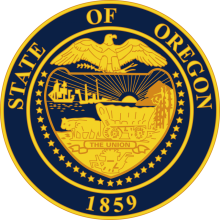Join Us Thursday at 5pm ET for Connect This! Episode 16: 5G and the Future of Cellular Networks
Join us on Thursday, June 17th at 5pm ET/4pm CT for a new episode of the Connect This! show, with co-hosts Christopher and Travis Carter (USI Fiber) joined by Sascha Segan (lead mobile analyst at PCMag.com) and Virgilio Fiorese (formerly of Ericsson, currently Senior Sales Director, Mavenir). Together, they'll dig into 5G and the next generation of cellular networks to try and divorce the hype from the current and coming reality.
Chris, Travis, Sascha, and Virgilio will talk about whether ordinary Americans should care about 5G today (for either their home or mobile connection) as well as the regulatory and deployment components of a 5G rollout. In addition, the group will talk about the Open RAN (Radio Access Network) interface standard.
The show will begin on Thursday, June 17 at 5pm ET/4pm CT.
Subscribe to the show using this feed, or visit ConnectThisShow.com
Email us broadband@muninetworks.org with feedback and ideas for the show.
Watch here, or below.



